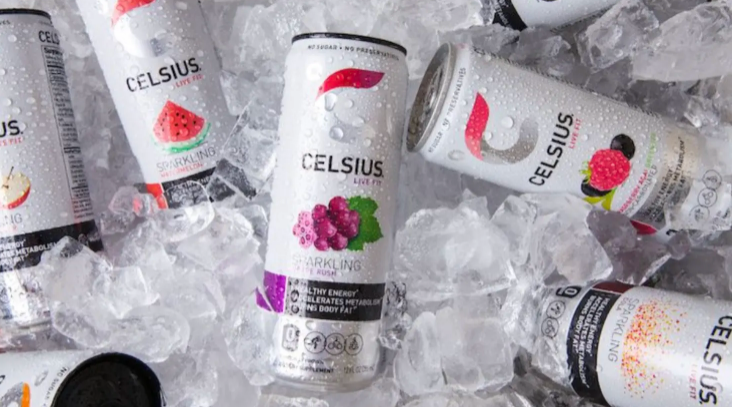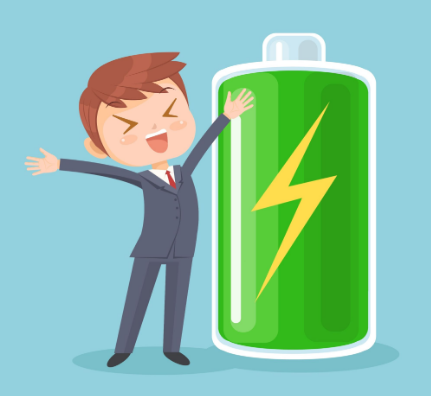
Introduction
In today’s fast-paced world, energy drinks have become a go-to solution for many people seeking a quick pick-me-up. Among the plethora of options available, Celsius Energy Drink stands out for its unique blend of ingredients and health-focused branding. One of the key components that consumers often want to understand better is caffeine. In this blog post, we’ll delve into the caffeine content of Celsius, explore its effects, and discuss the overall benefits and considerations of consuming energy drinks.
What Is Celsius Energy Drink?
Celsius Energy Drink is marketed as a fitness drink that boosts energy and metabolism. Unlike many traditional energy drinks laden with sugar and artificial ingredients, Celsius prides itself on using natural ingredients. The drink contains a variety of vitamins, minerals, and extracts from sources like green tea, guarana, and ginger.

Ingredients Breakdown
- Caffeine Sources: The primary source of caffeine in Celsius comes from green tea extract and guarana. These natural sources not only provide caffeine but also come with additional health benefits.
- Vitamins: Celsius is fortified with several B vitamins, which play a crucial role in energy metabolism and overall health.
- Other Ingredients: In addition to caffeine and vitamins, Celsius includes ingredients like taurine, which is often found in energy drinks for its potential performance-enhancing properties.
Caffeine Content: What to Expect
As mentioned earlier, a typical 12-ounce can of Celsius Energy Drink contains about 200 mg of caffeine. For comparison, a standard 8-ounce cup of coffee has approximately 95 mg of caffeine. This means that Celsius provides a significant caffeine boost, making it a popular choice for athletes and fitness enthusiasts.

Caffeine Comparison
To give you a clearer picture, here’s a comparison of caffeine content in some popular drinks:
Celsius Energy Drink: 200 mg per 12 oz
Regular Coffee: 95 mg per 8 oz
Red Bull: 80 mg per 8.4 oz
Monster Energy: 160 mg per 16 oz
Understanding Caffeine Tolerance
It’s important to note that individual tolerance to caffeine can vary significantly. Factors such as age, weight, and general health can influence how your body processes caffeine. While some people might feel energized after just one can of Celsius, others may experience jitters or anxiety if they consume too much.
Effects of Caffeine
Caffeine is a well-studied stimulant that affects the central nervous system. Here are some common effects:
- Increased Alertness: Caffeine can help you feel more awake and alert, making it easier to focus on tasks.
- Improved Physical Performance: Many athletes consume caffeine before workouts to enhance performance and endurance.
- Mood Enhancement: Some studies suggest that caffeine can improve mood and reduce the risk of depression.

Potential Downsides
While caffeine has its benefits, it’s essential to be aware of the potential downsides:
- Anxiety: High doses of caffeine may lead to increased anxiety and restlessness.
- Insomnia: Consuming caffeine late in the day can disrupt sleep patterns.
- Dependence: Regular consumption can lead to a tolerance effect, causing people to need more to achieve the same energy boost.
The Benefits of Choosing Celsius
When considering an energy drink, it’s crucial to evaluate its overall impact on your health. Here are some reasons why Celsius can be a beneficial choice:
Natural Ingredients
Celsius is free from artificial preservatives, sweeteners, and colors. Its reliance on natural caffeine sources makes it a healthier option compared to many conventional energy drinks.
Metabolism Booster
Celsius claims to enhance metabolism, thanks to ingredients like green tea extract. This can be beneficial for those looking to manage their weight or increase their energy levels during workouts.
Hydration
With a light flavor profile and lower sugar content, Celsius can be more hydrating compared to sugar-heavy alternatives, making it suitable for pre- or post-workout consumption.
Variety of Flavors
Celsius offers a wide range of flavors, ensuring that there’s something for everyone. This variety can make it easier to incorporate into your routine without getting bored.
How to Incorporate Celsius into Your Rout
If you’re considering adding Celsius to your daily routine, here are some tips for optimal consumption:
Pre-Workout Boost
Many fitness enthusiasts consume Celsius about 20-30 minutes before a workout. The caffeine can provide that extra edge needed for high-intensity training.
Midday Pick-Me-Up
If you find yourself lagging in the afternoon, a can of Celsius can help rejuvenate your energy levels without the crash often associated with sugary snacks or drinks.
Alternative to Coffee
For those looking to cut back on coffee or just wanting to try something new, Celsius can be an excellent alternative that still delivers a caffeine boost.
Monitor Your Intake
Be mindful of how much caffeine you consume daily. The FDA recommends a maximum of 400 mg per day for most adults. If you consume other sources of caffeine (like coffee or tea), factor that into your total intake.
Be Aware of Your Body’s Signals
Pay attention to how your body responds to caffeine. If you experience jitters, increased heart rate, or difficulty sleeping, consider reducing your intake or spacing out your consumption.
Consult a Healthcare Professional
If you have underlying health conditions or are pregnant, consult with a healthcare professional before adding caffeine to your diet.
Conclusion
Celsius Energy Drink offers a natural and effective way to boost your energy levels, thanks to its carefully selected ingredients and significant caffeine content. With about 200 mg of caffeine per can, it’s a powerful option for those looking to enhance their performance and metabolism.
However, as with any caffeinated product, moderation is key. Being mindful of your caffeine intake and listening to your body can help you enjoy the benefits of Celsius without the downsides. Whether you’re hitting the gym or just need a midday lift, Celsius could be the energy drink you’ve been looking for


